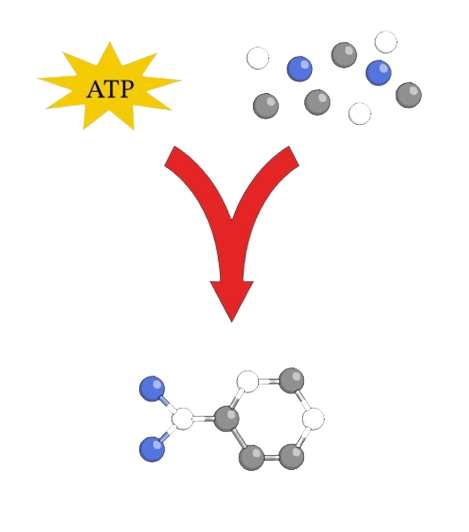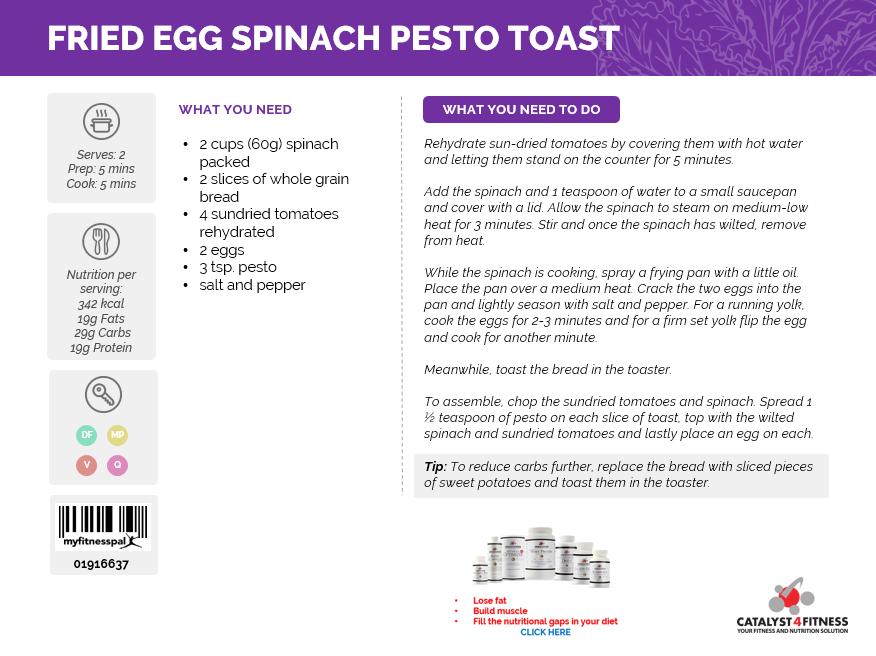Anabolism: The Building of Your Body
Anabolism is a magical process that makes things bigger and more complex. It’s the foundation of growth and repair in all living organisms, from the smallest bacteria to the largest whales. In humans, it helps us build muscle, bone, and other tissues.
Anabolism in Action
Anabolism works by taking small, simple molecules and combining them to create larger, more complex ones. Think of it like building a house with Lego blocks. You start with individual blocks (the small molecules) and stack them together to make a much larger and stronger structure (the larger molecule). Your body uses energy to power this construction process.

Boosting Anabolism
While your body’s anabolic processes occur naturally, you can give them a boost through leading a healthy lifestyle.
- Nutrition: Consuming a balanced diet rich in proteins, carbohydrates, fats, vitamins, and minerals is crucial for providing the body with the raw materials needed.
- Exercise: Physical activity, especially strength training, stimulates the anabolic process and helps build muscle mass. Exercise also creates tiny tears in muscle fibers, triggering the body’s repair and growth processes.
- Rest and Recovery: Sufficient rest and sleep are essential for this to occur. During sleep, the body releases hormones such as growth hormone, which promotes muscle growth and repair. This is when the majority of your recovery takes place.
- Stress Management: Chronic stress can interfere with anabolism by elevating the levels of stress hormones like cortisol, which can break down muscle tissue. Too much cortisol also affects your ability to lose weight.
Anabolism and catabolism are two sides of the same coin. Catabolism breaks down large molecules into smaller ones, releasing energy in the process. This energy is then used to fuel anabolic processes. So, while anabolism is about building up, it can’t happen without catabolism providing the fuel.

